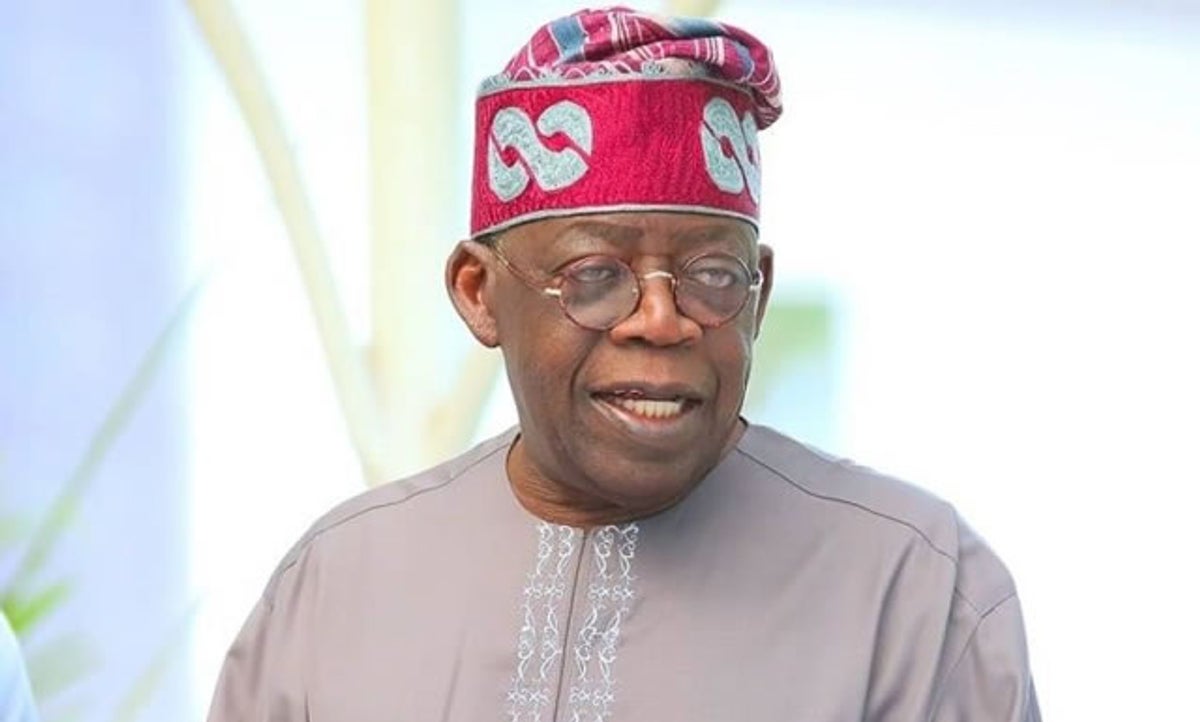Hausa community wants Tinubu to extend gesture to Iwaya
The Sarki Hausa of the Iwaya community in the Lagos mainland, Alhaji Muhammmed Bashir Shuaib, has called on the senator representing Lagos Central in the National Assembly, Senator Oluremi Tinubu, to extend her hand of fellowship to leaders of the Hausa communities in the senatorial district just as she does to other chiefs there. Alhaji […]

The National Leader of the ruling All Progressives Congress (APC), Asiwaju Bola Ahmed Tinubu
The Sarki Hausa of the Iwaya community in the Lagos mainland, Alhaji Muhammmed Bashir Shuaib, has called on the senator representing Lagos Central in the National Assembly, Senator Oluremi Tinubu, to extend her hand of fellowship to leaders of the Hausa communities in the senatorial district just as she does to other chiefs there.
Alhaji Shuaib made this comment in a chat with journalists on his recent installation as Sarki Iwaya at the weekend.
The community leader thanked God for the peace and tranquility the Iwaya community has enjoyed, particularly in the relationship between the Hausa people and other residents of the area.
“My people and other residents have related well. We have business and political associates among all the tribes and they have been living in harmony,” he said.
He said his turbanning as Sarki was not done by his people alone, but also by the people of other tribes like the Yoruba and, Igbo.
Alhaji Shuaib particularly urged Senator Tinubu to extend the hand of fellowship to Hausa chiefs.
The Sarki said, “There was a time Senator Oluremi Tinubu sent a message that she was coming to visit us, but she did not though she sent a delegation. We received them. Since then we have not heard anything from her. They bought some papers indicating the project she had executed, but none of the projects could be found here in Iwaya.”
He also lamented the “neglect” of Iwaya community by the state government, saying “my people” there had not received any assistance from the state government.
The chief regretted what he called the “menace” of commercial motorcycle riders, particularly young Hausa boys.
“Many of them have died or maimed in accidents. Many of the okada riders are school certificate holders, and even graduates. All of these can be attributed to lack of jobs. Most of the people you see riding okada are merely looking for ways out of poverty. If I stop them from that business, can I give them jobs? In this house alone, I have five graduates who are jobless. We don’t want them to do the okada work, but we are helpless since we can’t be feeding them,” Shuaib said.
He, therefore, urged the government to create more opportunities and jobs for the people.
